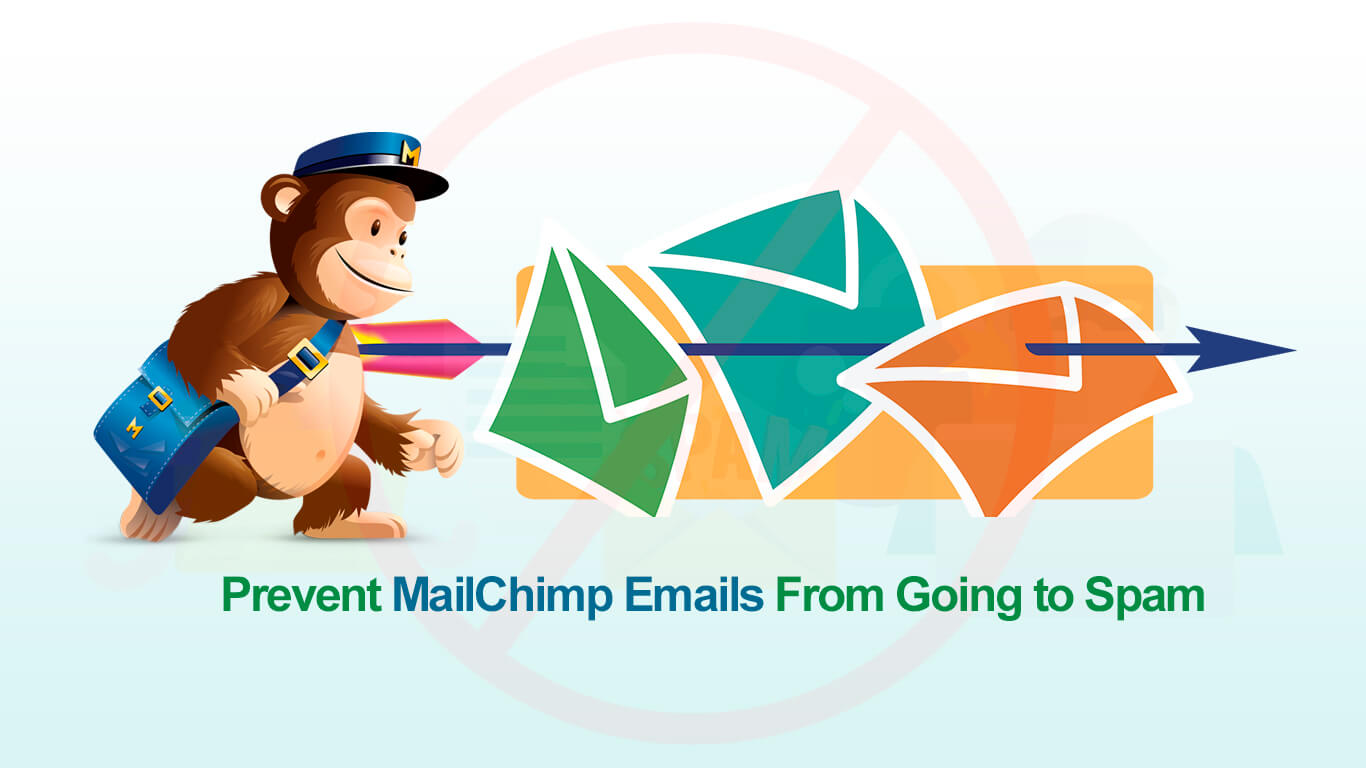
The Right Software are MailChimp certified experts and provide MailChimp integration services to our clients all over the world. One such client recently asked us to check their eCommerce setup and help prevent her MailChimp emails going to spam. The open rate had dropped to 1-1.5% from a healthy 12-16%. We followed this checklist below to make sure that all settings were correct and in place.It’s important to note that this usually happens if you have had some bad practice like try to purchase bulk emails to send email to or use single opt-in or re-send email to unsubscribed users. If you are using MailChimp first time then most likely, your emails will be fine.
1. Check SPF & DKIM Settings
First thing we did was to login into MailChimp login to check SPF and DKIM settings. Most clients have these settings verified at the very start so thats not a problem. But sometimes, the client makes change to DNS settings and absent-mindedly tamper MailChimp SPF & DKIM settings. Its a good starting point to recheck these just in case.2. Check with Mail-Tester
Mail-tester.com is a great resource for testing email score online. You would be remiss to ignore this amazing service as it will give you a score out of 10. Send a test email and check the effectiveness in 10 seconds.3. Search for domain in Spam Databases
Mail-tester will also tell you if you have any problem with your IP address reputation and if it is blocked on online databases. However, you can manually check the databases as well. We found a handy list at sendgrid. You should check with domain URL and IP address to find if you triggered any warnings.Bonus: check MailChimp’s own complaint report inside each campaign. Maybe try to find a pattern like reporting user’s domain or problem. Read MailChimp’s compliance article to further better your understand.4. Cleanup Your Lists
Make sure that you are not sending emails to any people who have not expressly allowed you to send email to them; namely double opt-in. Do not buy emails from third parties to run campaigns on, specially from your main website. MailChimp takes complaints very seriously and would block you if you pulled this stunt anyways. Go through your subscribers and remove any you feel were added by accident even.5. Check email body
Its important that you email should follow guidelines. Most emails are HTML so it won’t be a bad idea to follow HTML best practices. Having a proper HTML body will trigger less warnings in mail parsing engines of different email services. Plus if you have more text then that will give the email services a better idea of what your product is all about.- Avoid whole image emails. Use a healthy text to image ratio.
- Use user-friendly text sizes
- For all images, use alt-texts
- Close all tags
- Test your emails using Litmus and similar services
- Make responsive emails








